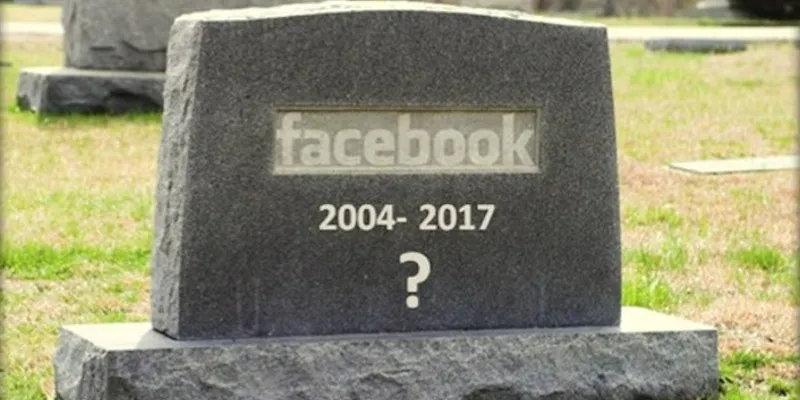Facebook will die in three years, predict Princeton researchers

John Cannarella and Joshua A. Spechler of Princeton's Department of Mechanical and Aerospace Engineering are using epidemiological models to understand the rise and fall of online social networks. (Epidemiology looks at how disease spreads and can be controlled.)
Their study, published on January 17, says that Facebook is going the MySpace way. The decline of MySpace between 2008 and 2011 was just as steep as its rise after being founded in 2003. Facebook, according to the researchers, has similarly peaked and is now beginning to show the onset of an abandonment phase. "Extrapolating the best fit model into the future predicts a rapid decline in Facebook activity in the next few years," says the study.
The paper draws an analogy between the rise to ubiquity of a social network and the spread of an infectious disease. Just as we catch a flu through contact with family members and friends, users typically join a social network because their friends are on it. After a period of time, the disease stops spreading as people develop a resistance to it or become immune.
Previous studies have shown that ideas, like diseases, spread infectiously between people before eventually dying out. The Princeton researchers say Facebook is following the same pattern. There are already signs that people are beginning to tire of the idea, and the study predicts that Facebook will lose 80% of its peak user base between 2015 and 2017.
The 'recovery' from Facebook will have the same dynamics as how we recover from an infection: as infected members (FB users) come into contact with more and more recovered members (those who have quit FB), the social network will go into a downward spiral.
This is not just of academic interest but also has financial implications for all those who are making Facebook a cornerstone of their social media and marketing strategies.
The researchers have used Google trends and search query data to determine that Facebook has already reached the peak of its popularity and has entered a decline phase, judging from a downward trend in search frequency after 2012.
A caveat in the study is that since this decline has so far been observed only for about a year, it is still too early to say for certain how rapid will be the fall.







